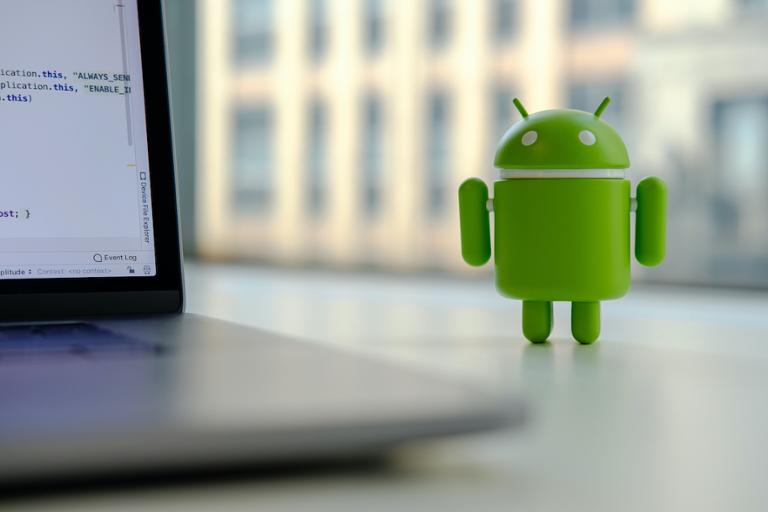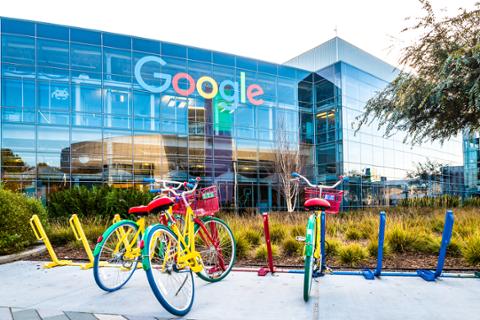Are you interested in developing mobile apps, perhaps with the flexibility of working for multiple clients? You may want to consider becoming a freelance Android developer. Originally developed by Google, Android powers numerous mobile devices from multiple vendors worldwide.
Depending on the client and role, a freelance Android developer might carry out a wide variety of tasks. It’s not just about crafting the underlying code for apps; you’ll also need to test features, debug, and interact with stakeholders about their future needs.
Why pursue a freelance career in Android development? The platform offers key advantages:
- Although Apple’s iOS earns a lot of press, and the iPhone sells millions of units per month, Android remains the dominant global mobile operating system.
- Google Play, the platform’s app store, contains millions of apps—for a freelance developer, that’s a lot of opportunity to build and update apps in all kinds of categories.
- More businesses than ever are investing heavily in mobile software, meaning the Android market isn’t going away anytime soon.
Where can a freelance Android developer find opportunities?
Fortunately, there are a number of websites where freelance Android developers can solicit work. Job marketplaces such as Dice and Indeed often post new Android opportunities; for those looking for quicker gigs, sites such as Upwork, Codementor and Guru can offer what you need.
What should a freelance Android developer charge?
How much should a freelance Android developer charge for their services? That’s a difficult question, because a rate is determined by a variety of factors, including experience, specializations, and the scope of the project. In addition, some freelance Android developers opt to charge by the hour, while others charge a “project rate.”
On a platform like Upwork, the fee for an Android developer could range anywhere from $15 per hour for someone who handles Android fundamentals to $45 for those who can combine design and development tasks. Other freelancing platforms may charge as much as $100 per hour. The developer receives a percentage of that fee, which can vary from platform to platform.
If you’re a freelancer who’s soliciting your own work, you have more flexibility when it comes to naming your price, but also more factors to consider. Are you working as part of a freelancing team? Will you subcontract out certain functions to other freelancers? What’s the size and scope of the proposed contract? A developer skilled in the front-end (i.e., user facing) and back-end (i.e., database and payment-processing functionality) could charge more than $100 per hour if they have a solid portfolio of work and deep experience in highly specialized languages and tools.
What skills do I need to become a freelance Android developer?
Ramniel Labaut, currently a senior software developer at Krietech Software, has been working in the field since 2013, when he graduated from Universidad de las Ciencias Informáticas with a B.S. in Computer Science. His subsequent roles have included developing for Android.
While engineering and developer roles have some crossover in their job descriptions, developing software for the mobile app space is a more focused and solitary endeavor. It requires you have the ability to work well independently, a skill which also lends itself to freelance employment.
“It's important that you empower yourself with knowledge from different areas,” Labaut said, “because it's good to understand as much of the software development process as possible. But in the case of mobile development, writing and testing code is only a piece of it. You have to think creatively and be able to see the big picture, while building the steps it will take to get there.”
It's critical to learn the two programming languages that power Android: Java and Kotlin. Google has courses for building your Android apps in Java, plus an enormous number of tutorials and documentation out there about Java development.
In a similar vein, Google has Android Basics in Kotlin, part of the company’s longstanding Android Basics curriculum, which teaches the fundamentals of building user interfaces, working with databases, and handling basic bugs. As you advance on your learning journey, there’s also Kotlin Bootcamp for Programmers, Android Kotlin Fundamentals, and, for those with a bit more experience, Advanced Android in Kotlin.
Keep ‘white label’ apps in mind
When developing their apps, many companies are keen to save time and money. Labaut recommends having experience with White Label (WL) apps. A WL app is a universal mobile application developed by a third party. Any business can purchase one and customize it to a project’s scope and goals.
For freelance Android developers, soft skills are also critical
While freelancing affords a certain amount of autonomy, freelancers must interact with a variety of stakeholders on a regular basis, including (but not limited to) the client, subcontractors, vendors, and others. That makes it key to master “soft skills” such as communication and empathy.
Do I need a degree to become a freelance Android developer?
For many Android developers, a degree in computer science was the starting point in their career, but that's hardly the only way to gain knowledge and experience (and break into a freelance Android developer career). Marc Fischer, CEO and co-founder of the mobile technology studio Dogtown Media, hires freelancers for a wide variety of projects; while he's recruited from Ivy League universities, he's also focused on candidates who've completed coding bootcamps or taken online courses.
"To be honest, we really don't have a preference," Fischer said. "We don't give somebody extra kudos for graduating from the university versus a code academy or even learning on their own. The real determinant is your track record of success. I want to know if you've built something. I want to know the details of how you went about building it, and if it was successful."
Whether or not you have a degree, to be able to get the attention of hiring managers and clients, you need to illustrate your level of knowledge and creative talent. It's indispensable to have a public repository of your work on sites like GitHub, GitLab and The Bucket. Your portfolio is the best way to share your code styles, show how you solve problems, and demonstrate how you structure all the components in an application.
You may also want to spin up a website highlighting your best Android work. Labaut suggests a website or even a web page with background about your experience, links to your portfolio, and images that showcase applications you've worked on.
Once you've gained experience as an Android developer, there are additional ways to set yourself apart to maximize opportunities for career growth. Fischer once had an intern who was attending a local community college. The intern wanted to become an app developer but had no idea where to start. To learn as much as he could, he shadowed the Dogtown Media's CTO and its VP of Engineering. After completing his internship, he became a freelance junior developer at the company. He was soon hired as a full-time mid-level developer. He went on to become a senior developer, and then worked his way up to become Dogtown Media's VP of Engineering.
"It was amazing to see him progress," said Fischer. "He had the motivation to be the absolute best. He worked on his own time to develop his passion projects, and improve his coding skills. He spent weekends at hackathons. He'd also interview other developers to understand how they did the work. From an intern who was figuring out his career path, he grew into a talented developer with a real passion for the role. It was just amazing to watch."
For freelance developers, it’s very possible to follow a similar path. Once you’ve learned your skills as a full-timer at a variety of companies, you’ll have the skills and experience necessary to strike out on your own. Just keep in mind that the Android market is constantly evolving; always make sure to keep up-to-date with the latest versioning and tools.



